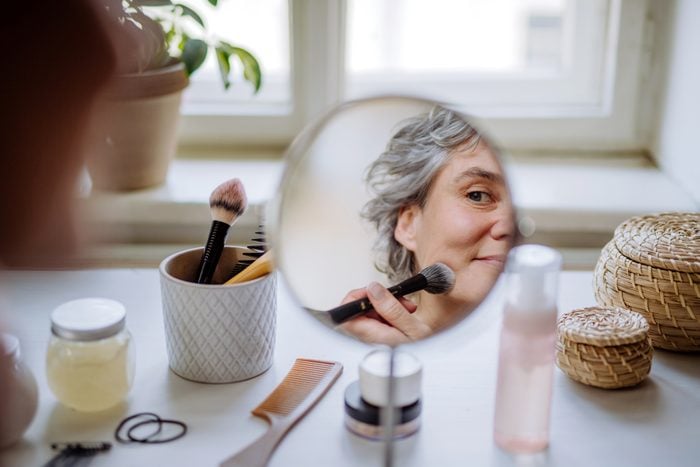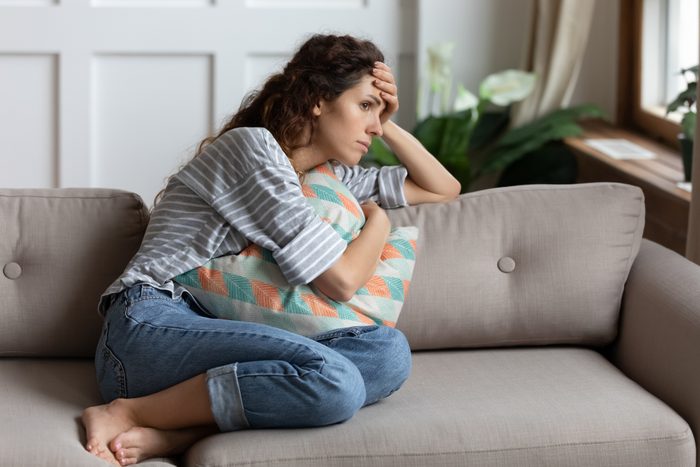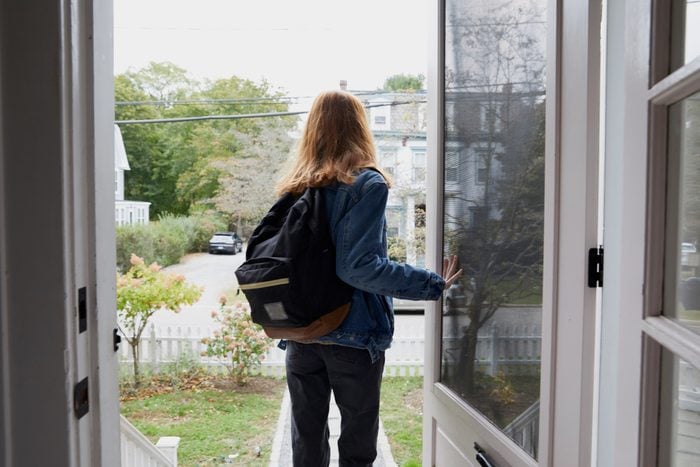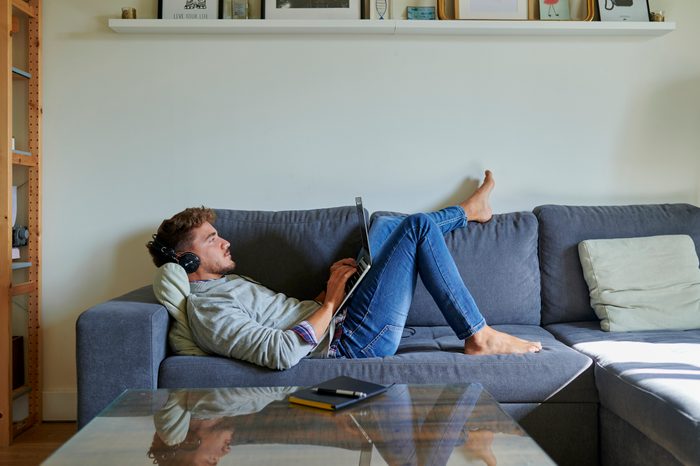
Spending time alone is good for the soul, whether you’re recharging your body with some self-care or taking a quiet night in after a stressful week. July 2022 research published in the Journal of Experimental Psychology concluded that even just sitting and letting our minds wander sparks a sense of joy, improving a range of mental health measures.
But when it is time to step out, experts say more and more of us are experiencing a sense of anxiety that urges you to cancel plans or skip activities you used to enjoy. The Los Angeles Times has reported that more than three-quarters of young adults in California experienced anxiety in the last year, and the American Psychological Association (APA) has added that most Americans have experienced unprecedented levels of stress.
Between this collective overwhelm, burnout, and anxiety, it makes sense that we all need a little more me-time. But experts warn that there’s a point where it can become counterproductive—and that it’s sometimes important to get out of the house and overcome social anxiety, even when you want to stay in.
Get The Healthy @Reader’s Digest newsletter for the latest in health and wellness every day

Sometimes I dread going out. Why?
Anxiety is a normal experience: it’s the human brain’s way of preparing us to tackle a difficult or challenging situation.
But in many anxiety disorders—such as generalized anxiety, social anxiety, situational anxiety, or agoraphobia—the brain overestimates the potential for risk or threat, explains Scott Gspandl, MD, a board-certified psychiatrist with OhioHealth Behavioral Health. This exaggerated prediction can trigger the brain to err on the side of safety, leading to increasingly isolative behaviors like staying at home, he says.
6 Agoraphobia Management Techniques We Can All Learn from This Winter

Is going out good for anxiety?
Carrie Torn, LCSW, is a psychotherapist based in North Carolina. She says that often, the more we avoid the thing we are anxious about, the worse it gets. “If we choose not to go out due to our anxiety, we are reinforcing the message that it’s not safe—and the anxiety may actually increase the next time we make those same plans,” she says.
By contrast, if you push yourself to go out and overcome that social anxiety, this practice “trains the brain that it’s safe, that we can handle the situation,” she says. And over time, this approach works to reduce that anxiety-induced response.
In a pinch, here are 14 phrases mental health experts use to calm anxiety fast

How do I push myself to get out of the house?
It’s important to have self-awareness of your own patterns and tendencies, Torn says. “Not only is it not a one-size-fits-all [solution], but even the same person will need different things at different times.”
She adds: “Sometimes having compassion for ourselves means pushing ourselves to do the hard thing.” This could mean going out when part of us wants to stay in—no matter the reason—because we know socializing will be good for us or the activity will bring us joy. “On the other hand, if you’re someone who tends to be go-go-go and it’s hard for you to say ‘no’, the challenge for you may be to give yourself permission to stay in.”
She says that if you’re feeling stuck deciding whether to push through or stay in and rest, consider why you made a plan in the first place. For instance, ask yourself:
-
Does this commitment or plan align with your values?
-
Is there something you’re afraid will or won’t happen?
-
When you’re in a good head space, is this activity and/or spending time with this person something you’d normally enjoy?
The way you answer these questions helps you determine the healthier move for you in a given moment. Then, Torn says, once you’ve made a decision, commit to it. “Don’t torture yourself by ruminating about the other option,” she says. For example, if you do decide to stay in, don’t beat yourself up about what you’re missing out on—instead, come up with ways to make your night at home more restorative and enjoyable. Or if you venture out to realize the night was a dud, shrug it off and head home early, if you can.
To get you started, here are 7 products for a cozy, refreshing night at home

How to know when to stay in
Avoidance fuels anxiety, says Peggy Loo, PhD, a psychologist and the director of Manhattan Therapy Collective—so giving yourself a nudge to go out can help break this cycle. But struggling to “just muscle through it” can sometimes be counterproductive. “This may have the opposite effect since the experience is memorable by being torturous.” Yeah. No fun.
Finding that line is delicate. “Learning when it’s your anxiety talking, versus what your body actually needs, can be challenging and take time,” Torn says. “The more you can be patient and learn to listen to your body’s cues, you can learn to tell the difference of what your body needs.”
Still, many people are simply more comfortable and at peace mentally with minimal social interaction, Dr. Gspandl explains. “For these people, staying in is not a maladaptive behavior but rather a normal state of being,” he says. “For this reason, it is important to understand yourself and identify when deviations from normal behavior are occurring.”
That’s where it can be useful to work with a therapist who can use an approach like cognitive behavioral therapy to help you better understand your personal needs and boundaries. Check out these 9 signs that therapy might be a game-changer in your life.
Follow the Healthy on Facebook, Instagram, and Twitter. Live better—keep reading:
